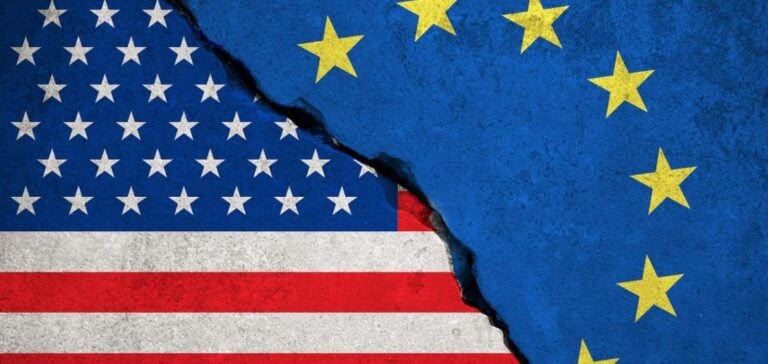Discussions on the convergence of environmental regulations between the United States and the European Union are intensifying, particularly regarding liquefied natural gas (LNG). A recently obtained letter reveals that U.S. officials have asked the European Commission to ensure that U.S. LNG exports comply with the new European methane emissions standards.
The letter, dated October 28, was signed by Brad Crabtree, Director of the Office of Fossil Energy at the U.S. Department of Energy (DOE), and Joseph Goffman, Head of the Air Office at the Environmental Protection Agency (EPA). The recipients include Ditte Juul Jorgensen, Director-General for Energy at the European Commission.
U.S. LNG is a strategic resource for Europe, especially following the reduction of Russian gas supplies in 2021. However, the European framework, which came into effect in August, introduces ambitious requirements to reduce methane emissions. By 2027, imports will need to meet defined emissions intensity thresholds, with reporting obligations starting in 2025.
A Challenge for U.S. Infrastructure
U.S. LNG exporters face a major challenge: collecting the data necessary to comply with European requirements. The U.S. gas transportation system relies on an extensive pipeline network, making it difficult to track emissions back to the production sites.
To address these challenges, U.S. authorities highlight existing domestic measures. The Inflation Reduction Act of 2022 established a methane emissions fee, applicable to oil and gas producers. Although contested by industry groups such as the American Petroleum Institute (API), this measure serves as a lever to align U.S. practices with European ambitions.
Towards Regulatory Harmonization
European regulations provide exemptions for countries demonstrating that their domestic regulatory frameworks are equivalent to EU standards. This flexibility represents an opportunity for the United States, provided it strengthens its monitoring and transparency mechanisms.
Industry players like Cheniere Energy, the leading U.S. LNG exporter, support these developments. The company recently published a scientific study on emissions from its supply chain and committed to reducing its methane intensity.
Anatol Feygin, Chief Commercial Officer of Cheniere, stated during a webinar that these efforts would extend LNG’s viability in international markets while meeting growing sustainability requirements.
Transatlantic Cooperation in Progress
Dialogue between governments and regulators from both continents will be crucial to addressing uncertainties and ensuring stable gas supplies. U.S. officials expressed confidence in the United States’ ability to meet European goals while calling for increased collaboration to harmonize standards.
This initiative highlights a significant step in the global energy transition, where international cooperation becomes essential to align environmental policies with ambitious climate objectives.






















